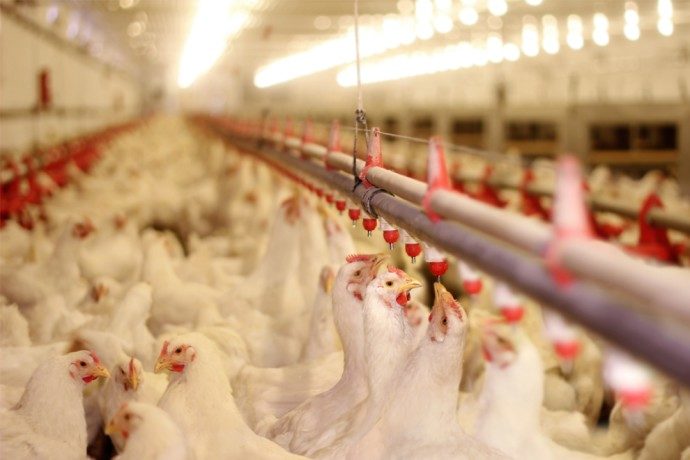UTRECHT, NETHERLANDS — With increasing numbers of highly pathogenic avian influenza (HPAI) cases in Brazil, the poultry industry is on alert, but, according to Rabobank’s Q3 poultry report, the industry is positioned for a strong second half of 2023.
Brazil increased its poultry exports by 17% during the first quarter of 2023, making it a frontrunner in global trade. Between its strong trade presence and its rise in HPAI cases, Rabobank has termed Brazil a “wild card.”
“Any potential outbreak in commercial flocks within the southern states of Brazil could have significant ramifications, including trade restrictions and disrupted global trade flows and prices,” the report said.
Due to recent trade restrictions from HPAI cases, Turkey, Argentina and Chile have faced challenges with exports.
Rabobank added that later in the year, the HPAI threat is expected to shift to the Northern Hemisphere, putting Europe, North America and northeast Asia at higher risk.
Despite the volatility of the HPAI situation, overall, the poultry industry shows positive prospects for the upcoming quarter. Feed prices are beginning to drop following a period of high production costs. Likewise, poultry products will become better suited to price-conscious consumers as prices decline in retail.
“Global feed prices are expected to continue declining, with projected costs for 2023 estimated to be 10% to 15% lower than the historic highs of 2022," said Nan-Dirk Mulder, animal protein senior analyst at Rabobank.
Supply remains tight globally, including in Europe, Mexico, Russia, the Philippines and Malaysia. However, countries like the United States, Japan and Thailand are experiencing an uplift in supply, which will help accommodate for the increase in demand expected as poultry prices reduce.
"We anticipate trade to maintain its strength in the latter half of the year, as major import markets like Europe, Japan, North Africa, the Middle East, South Africa and the Philippines are projected to increase imports due to limited domestic supply and strong, improving prices," Mulder said.



